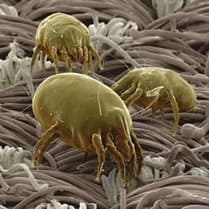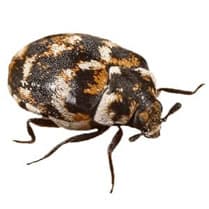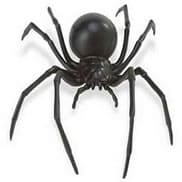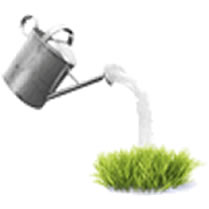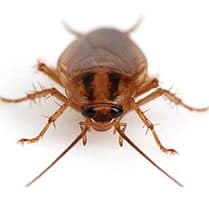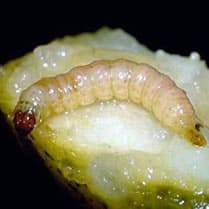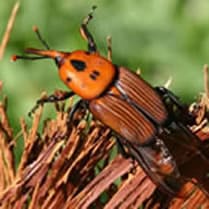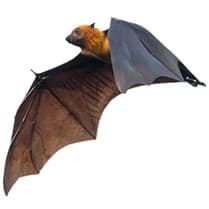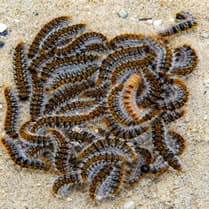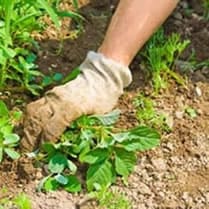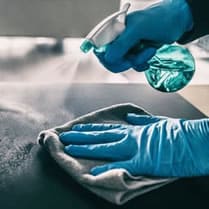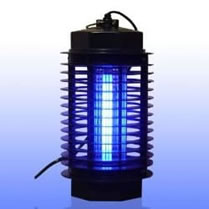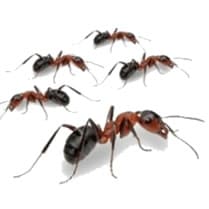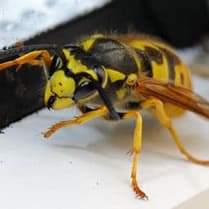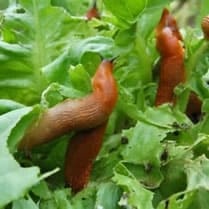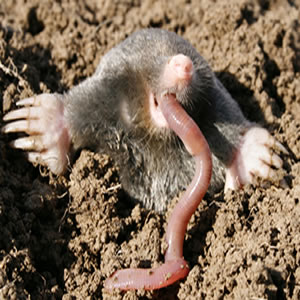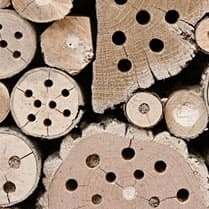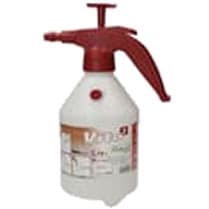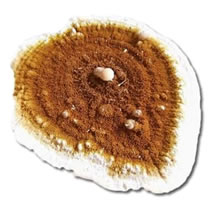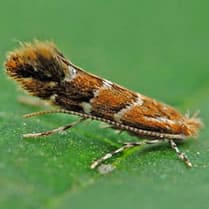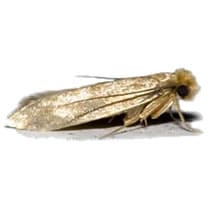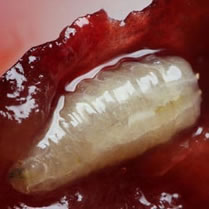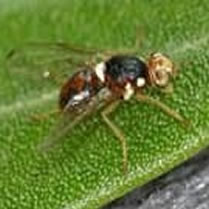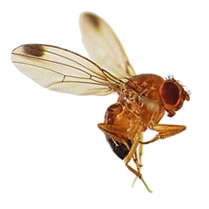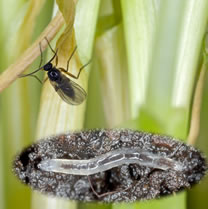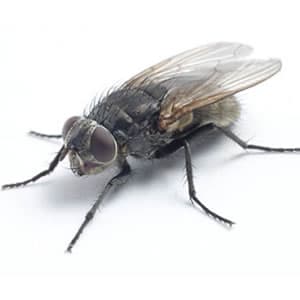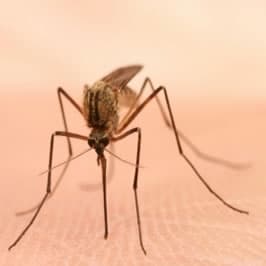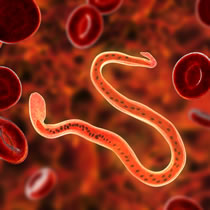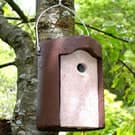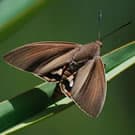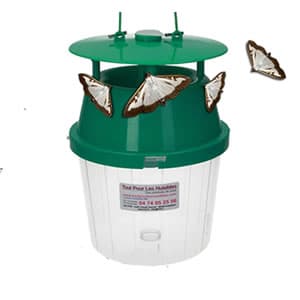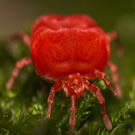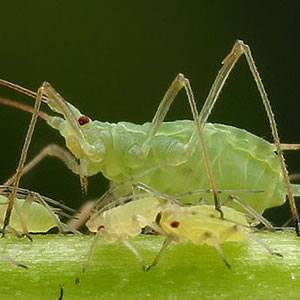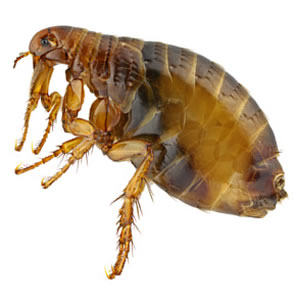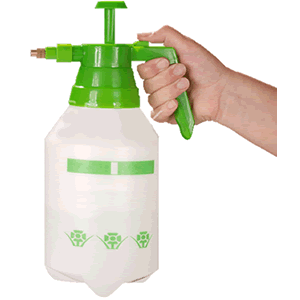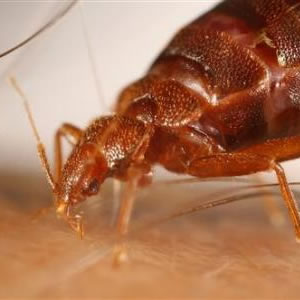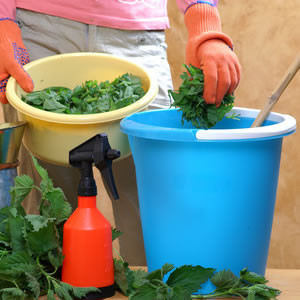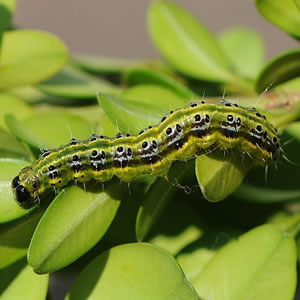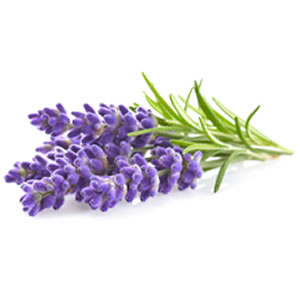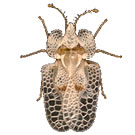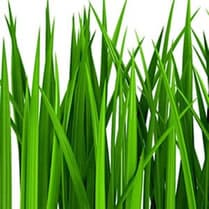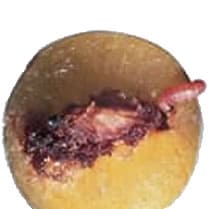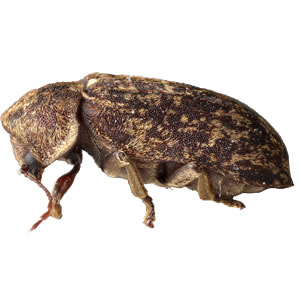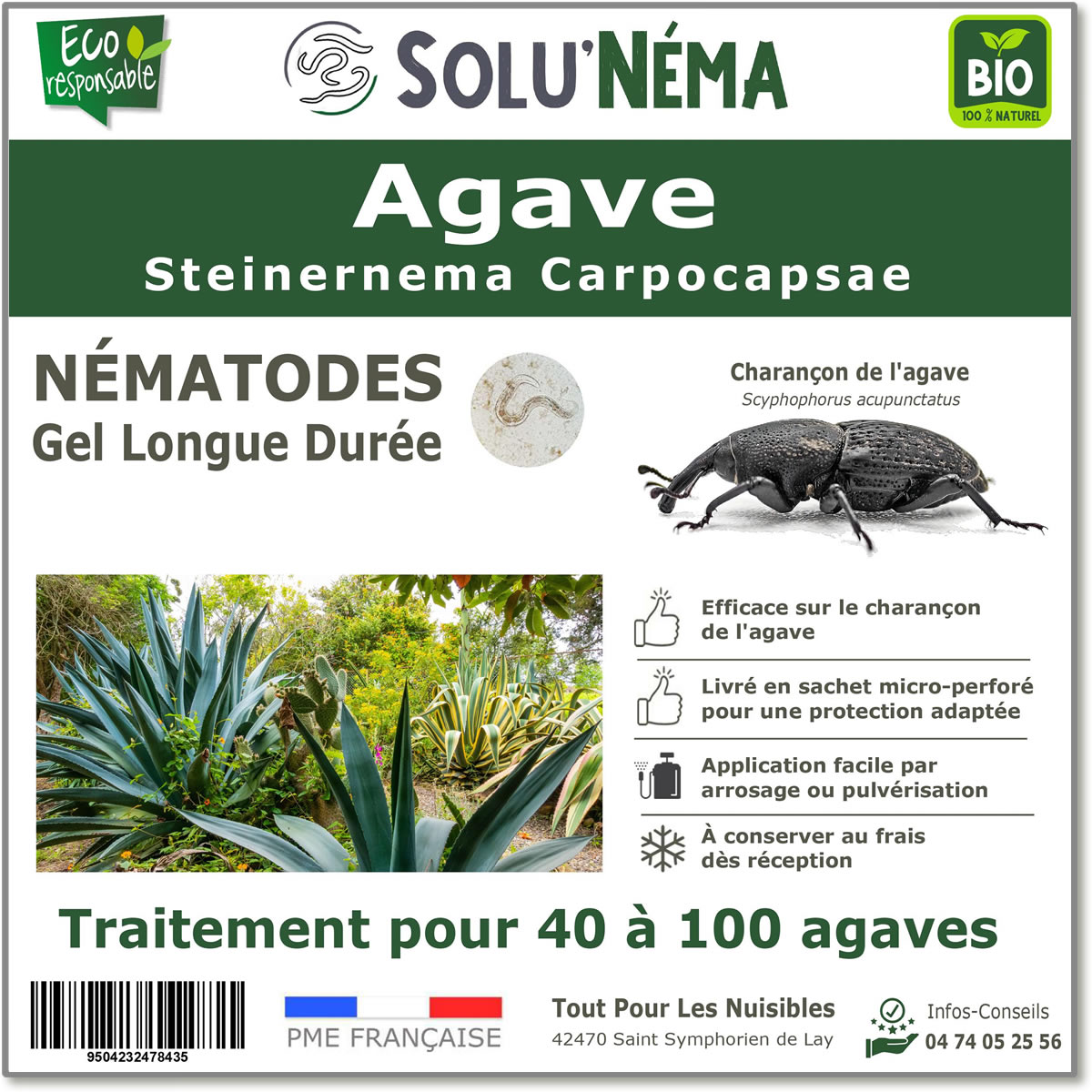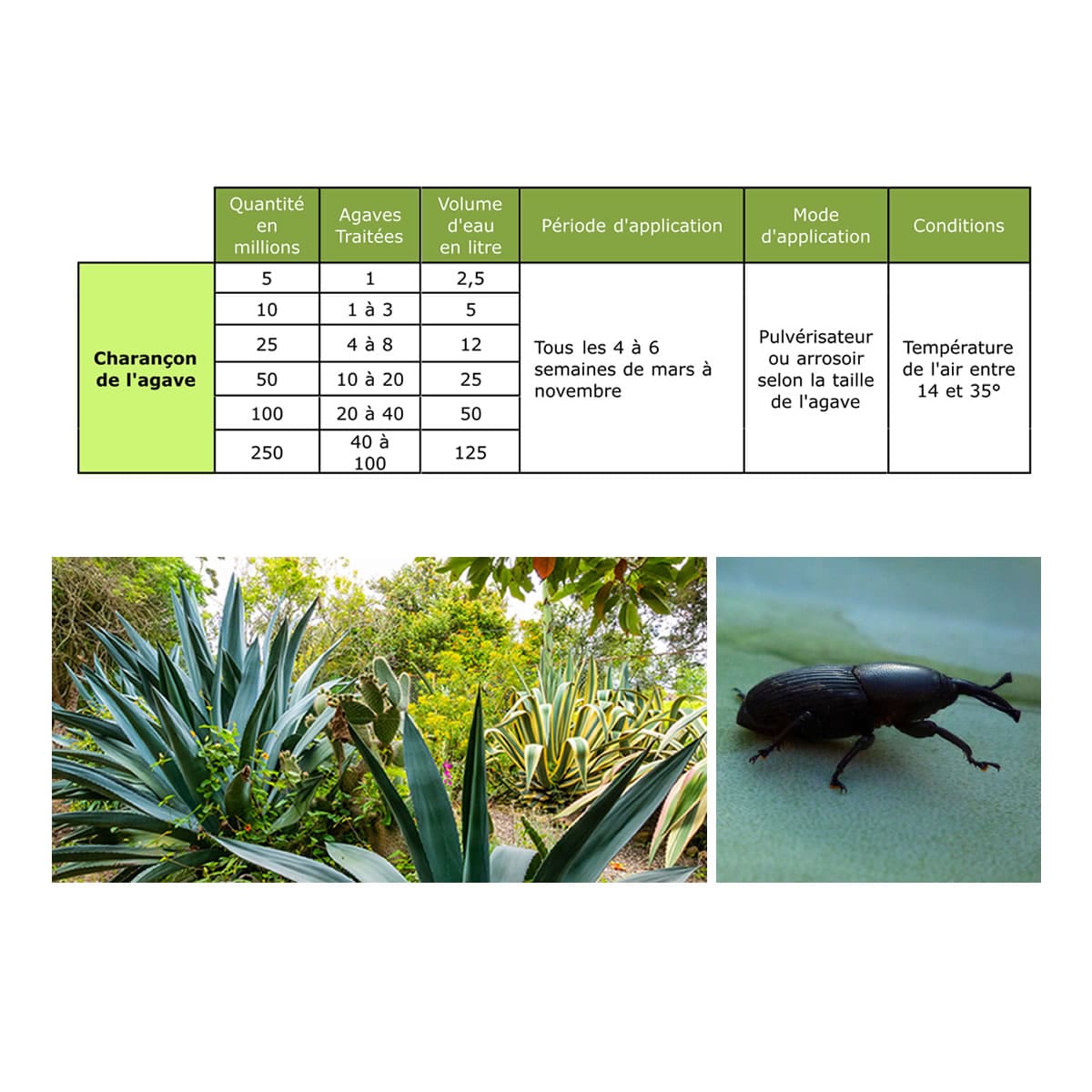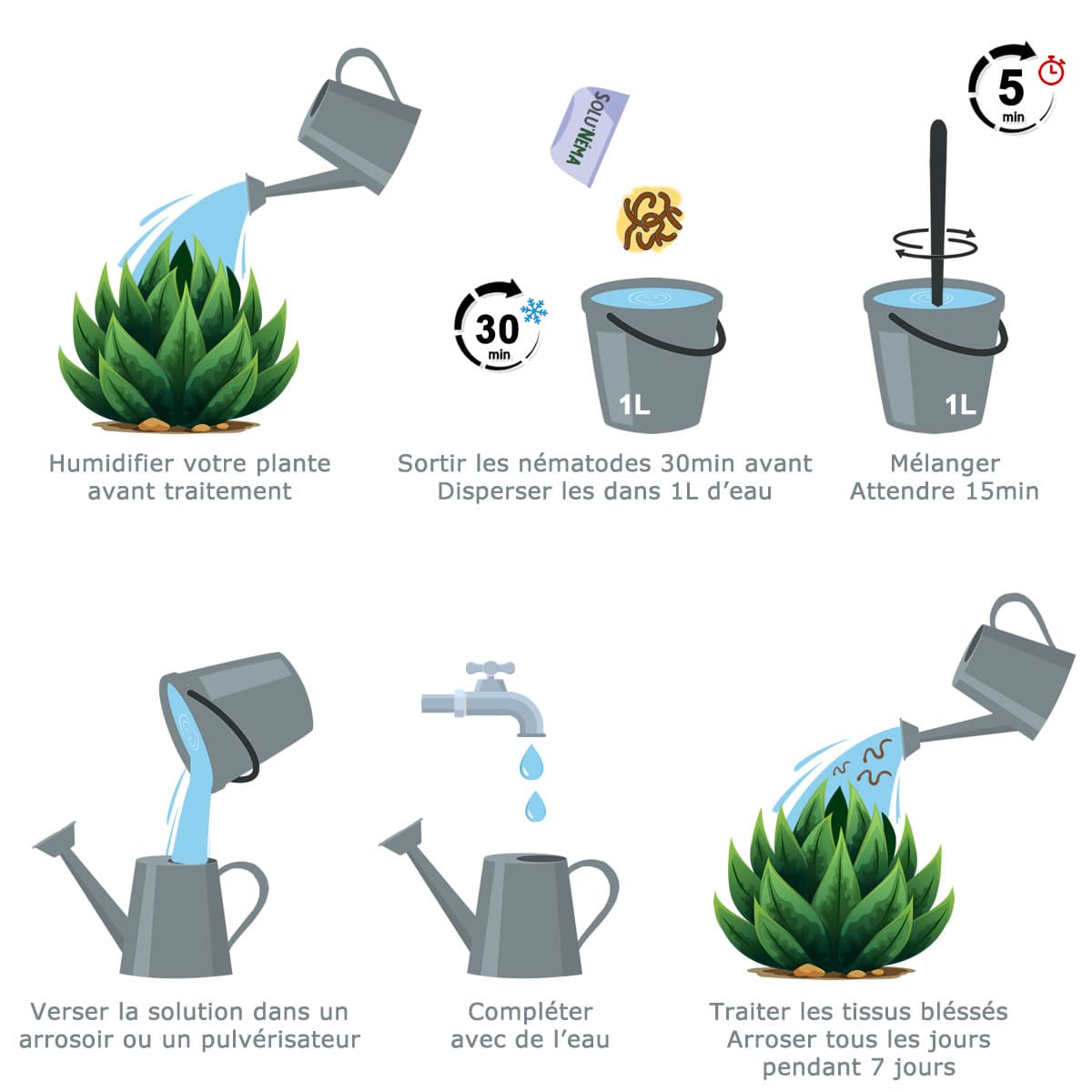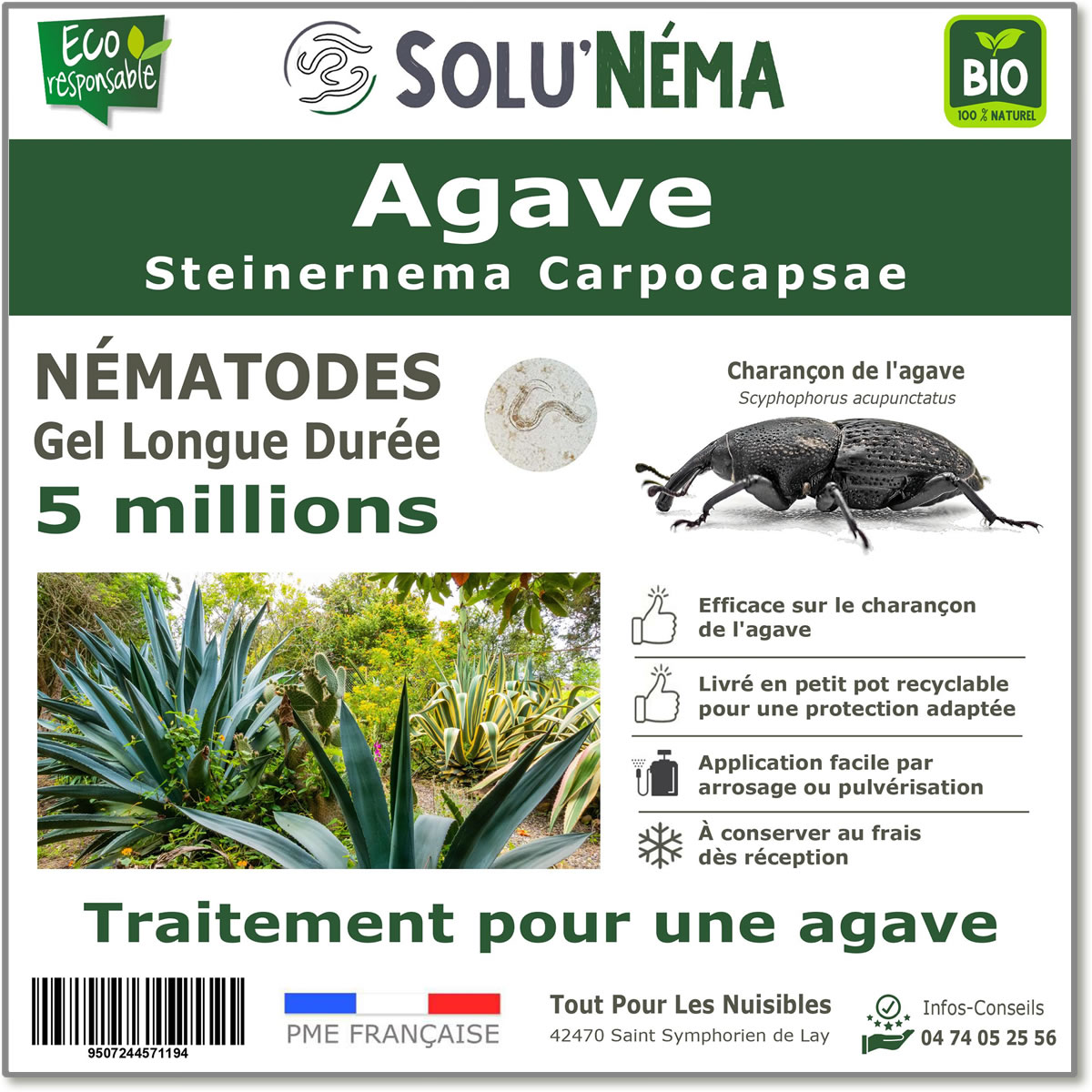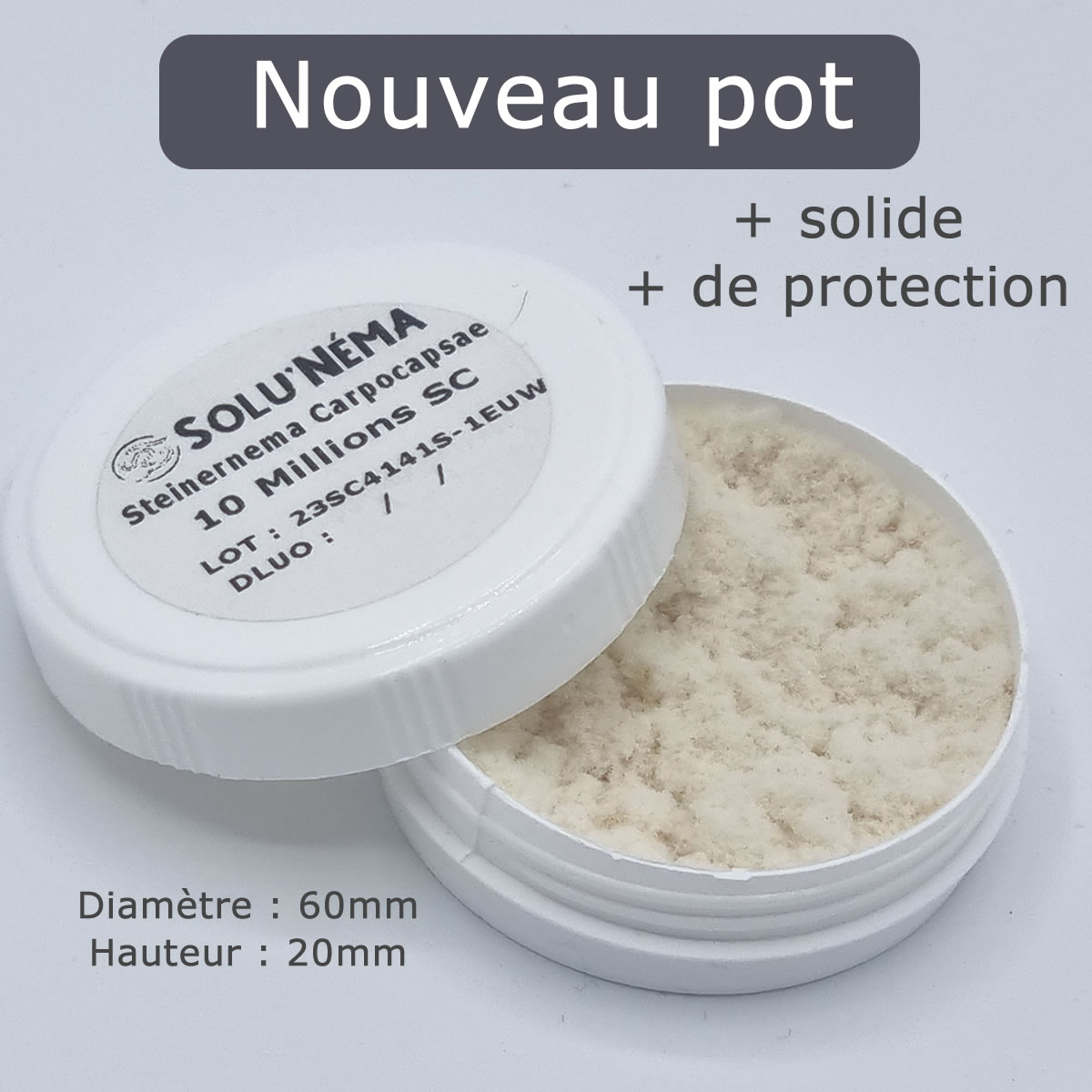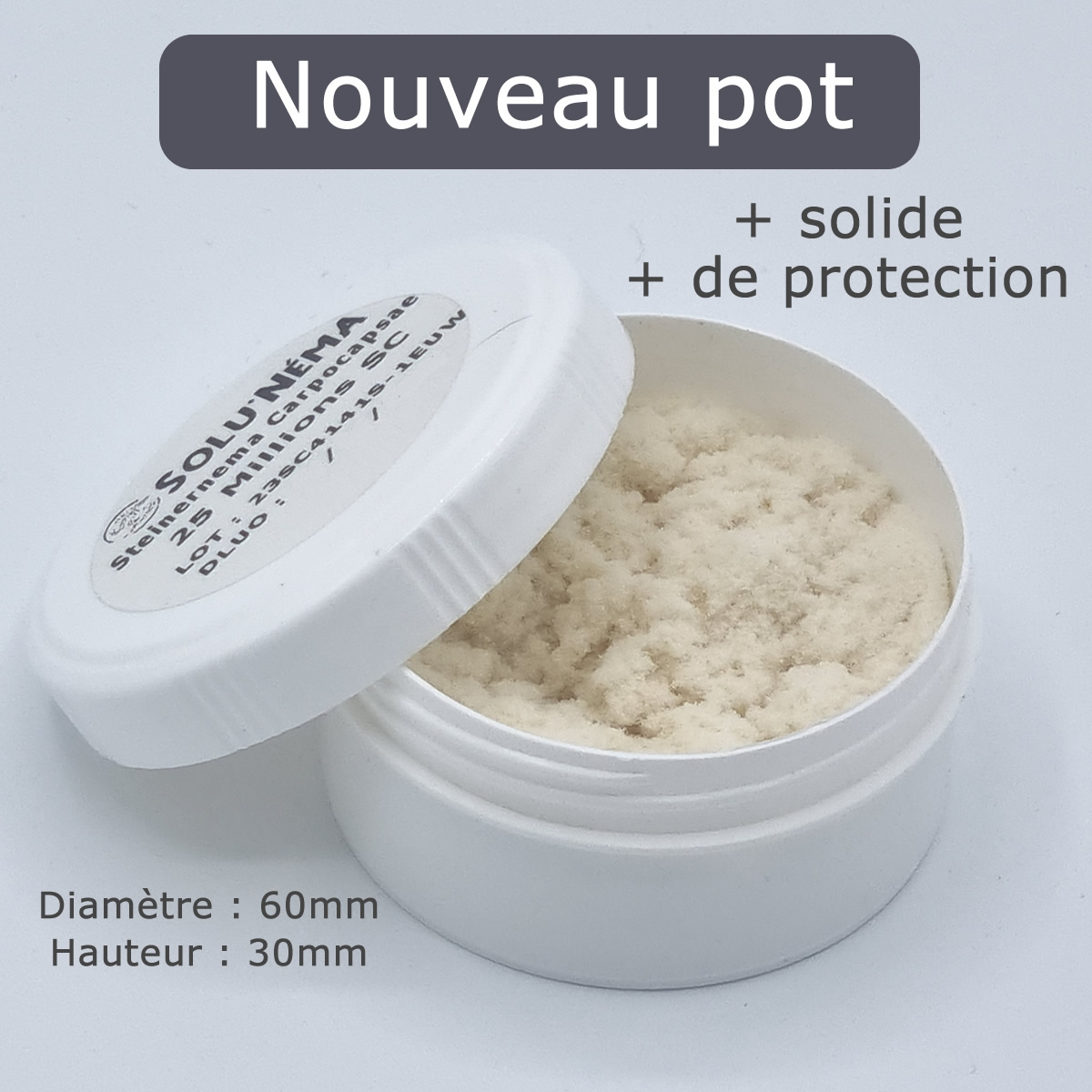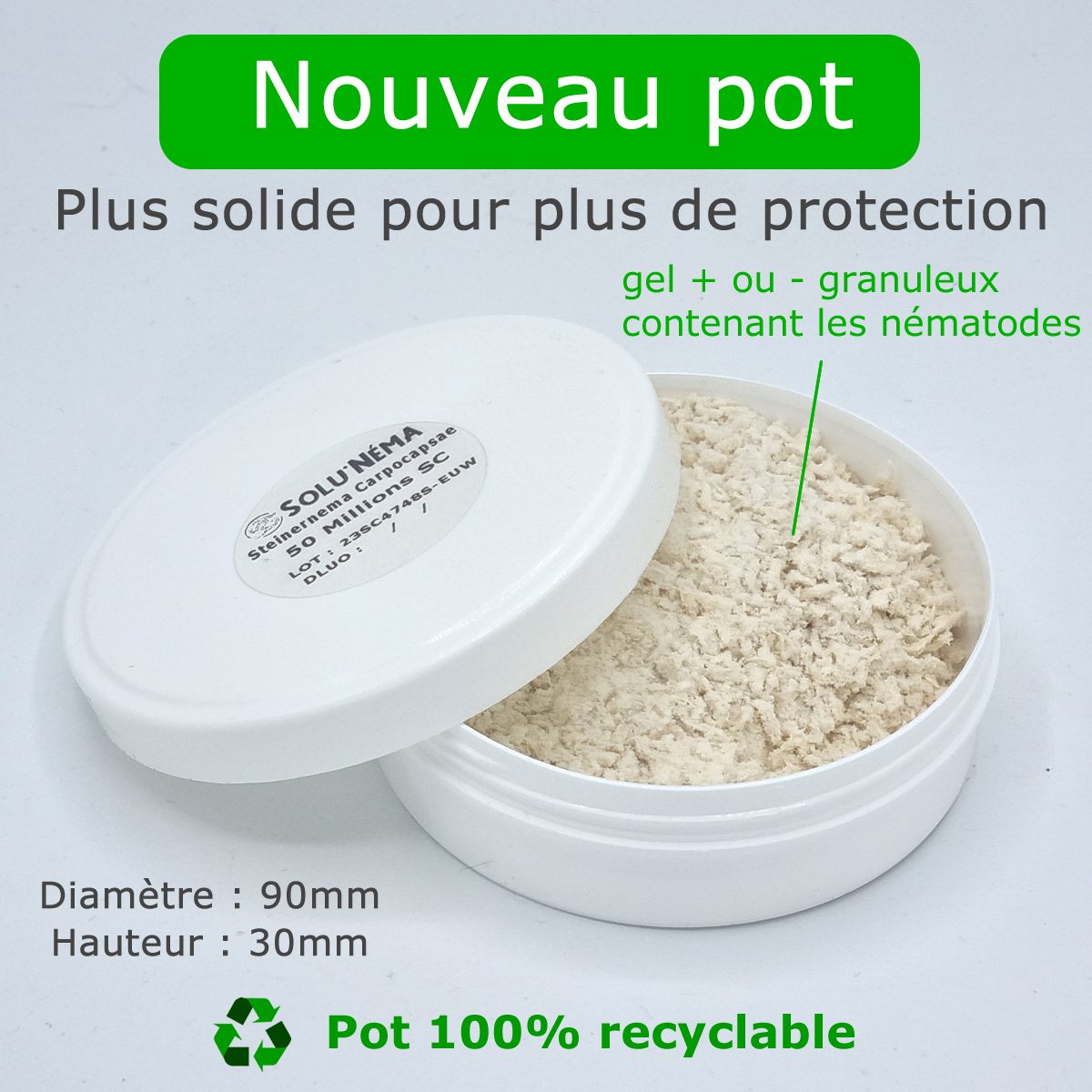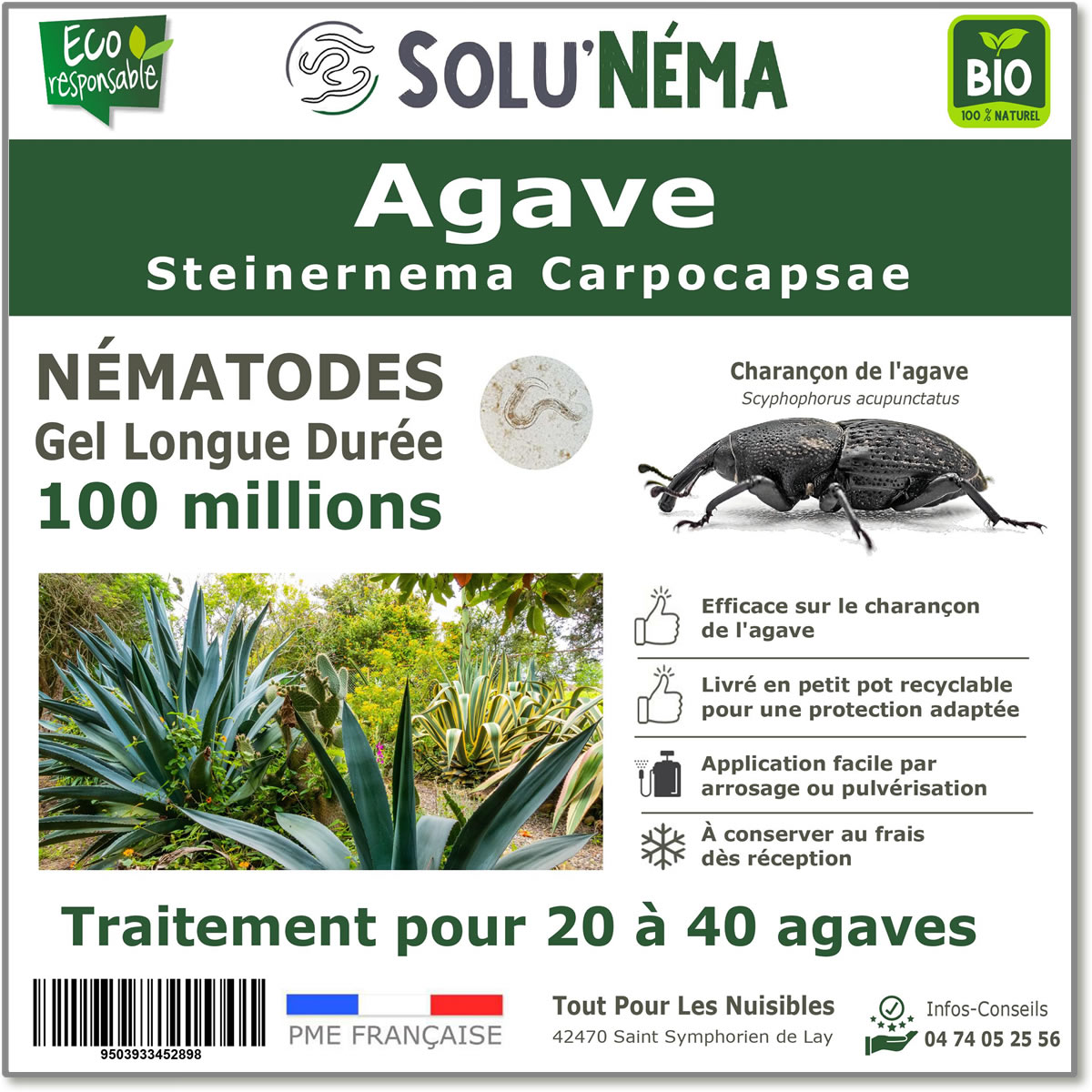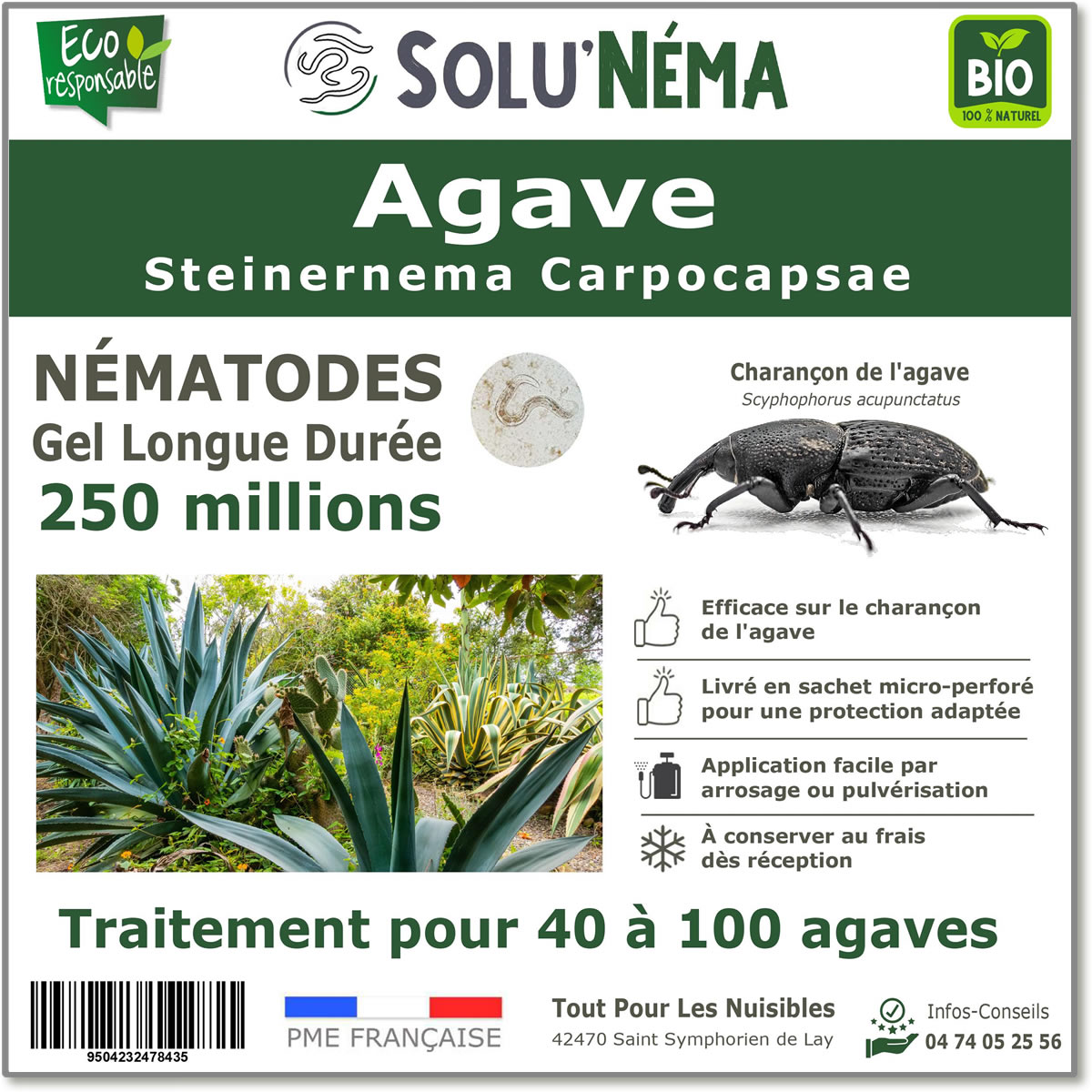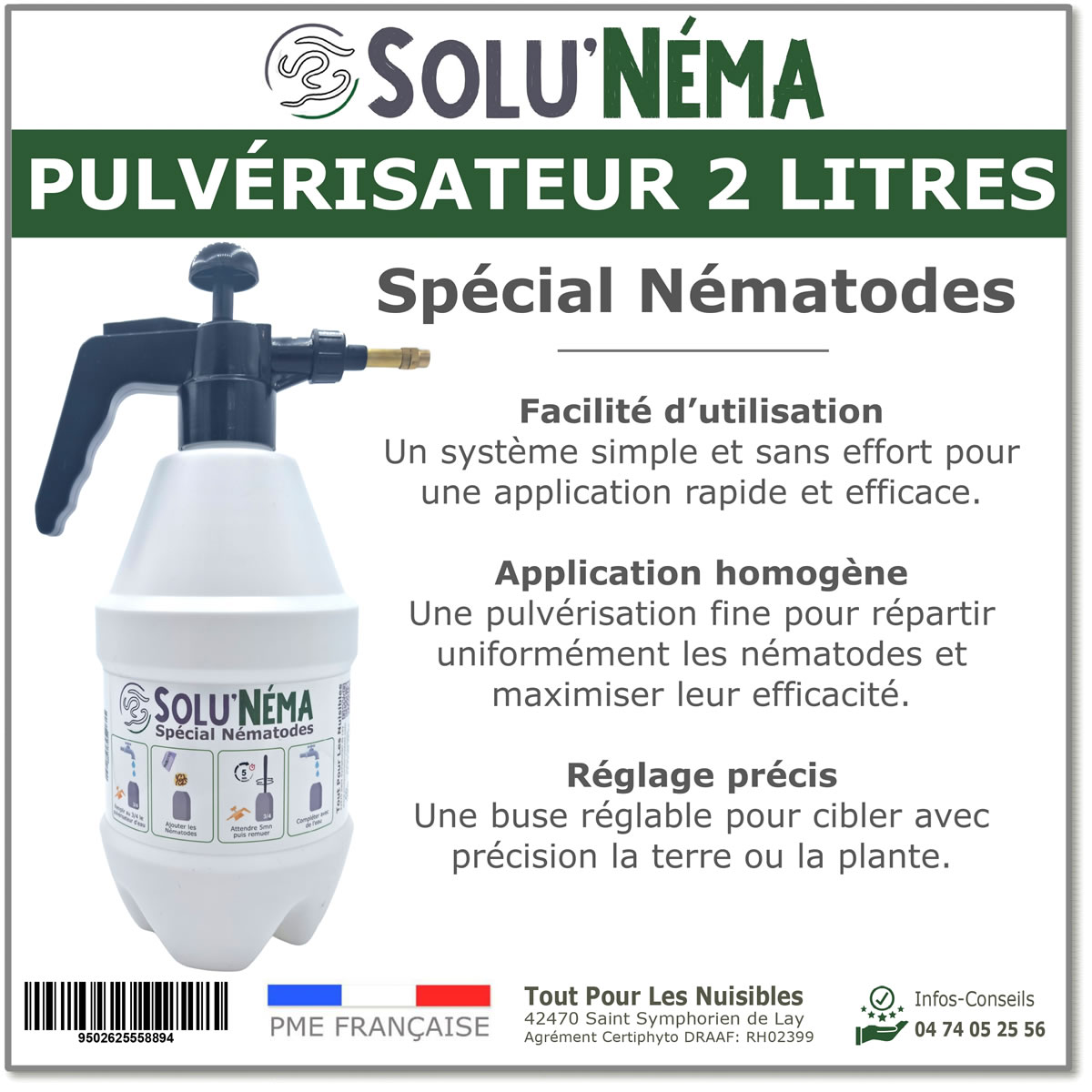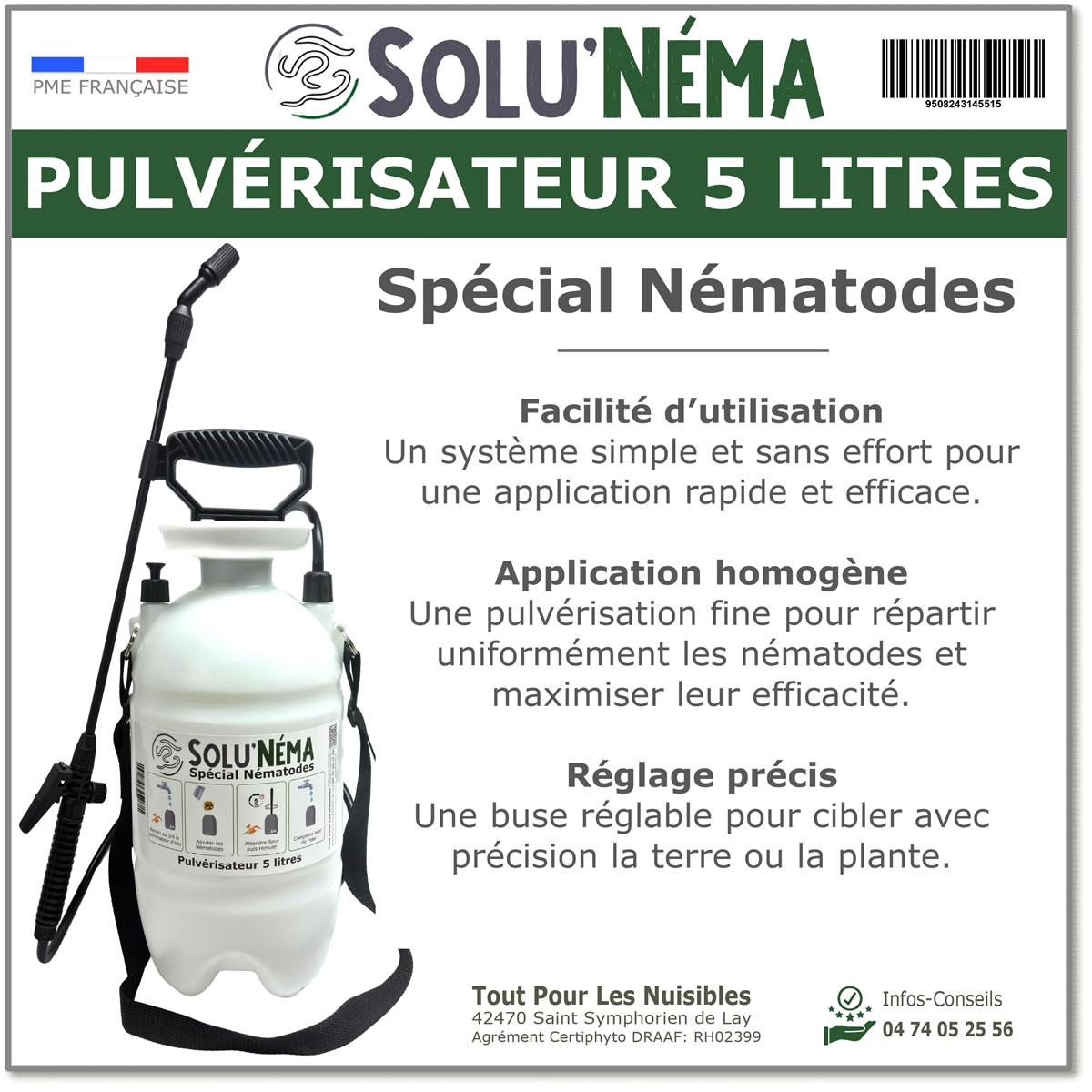SOLUNEMA - Agaves - Nematodes (SC)
Treating Agaves - Agave Weevil
Steinernema Carpocapsae nematodes for the biological treatment of agave weevils
- Available from 5 to 250 million Steinernema Carpocapsae (SC) nematodes
From 9.90 €
Treatment with carpocasae nematodes to combat agave weevils
The agave weevil, known scientifically as Scyphophorus acupunctatus, is a feared pest that primarily targets agave plants, including blue agave. Originally from tropical America, it has spread to several regions of the world.
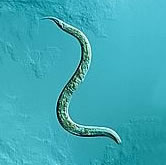 A natural product effective on agave weevil larvae
A natural product effective on agave weevil larvae
SoluNéma Agave contains parasitic nematodes Steinernema carpocapsae.
Nematodes are microscopic worms entomopathogenic (or auxiliary).
This nematode kills insects in the larval stage
Once applied to the plant, this nematode comes into contact with the pest (the larvae) and penetrates through its natural channels.
As soon as the nematodes have entered the larva, the bacteria which live in symbiosis with the nematodes are released. These bacteria produce a toxin that causes the larvae to die. Under optimal conditions, the infested insect stops feeding very quickly and dies within 48 to 72 hours.
A harmless organic product
These microscopic worms are non-toxic for applicators, local residents and animals.
With no re-entry delay (DRE), this organic treatment is ideal for application in nurseries and urban areas.
Packaging: Available in several packaging:
- 5 millions
- 10 million
- 25 millions
- 50 millions
- 100 million
- 250 Million
Application period
1 to 2 applications from March to June and 1 to 2 applications from September to November.
PLEASE NOTE: These microscopic worms are living organisms, and to provide you with the best quality product, we ship them from Monday to Wednesday inclusive.
If you choose delivery to a collection point, we cannot guarantee the delivery date and consequently the duration of use of the product could be reduced (particularly in summer).
How to Use Nematodes to Treat Your Agaves
1. Identify the problem
It is important to identify the problem to choose the appropriate treatment.
The agave weevil inflicts severe damage on the plant by tunneling inside. As they grow, the larvae devour the internal tissues, causing progressive wilting, yellowing of the leaves and, often, premature death of the plant. Distinctive signs of an infestation include the presence of entrance holes often surrounded by dry or wet sap, softening of the core of the plant, and in advanced cases, central collapse of the agave plant.
2. Preparation of nematode solution
Place the nematodes at room temperature 30 minutes before use. To properly mix the nematodes, it is recommended to dilute the entire sachet in a small container of clean water at room temperature, pre-diluting the nematodes before mixing. If necessary, rinse the sachet or jar with a little water to finish removing all of the nematodes from their packaging. Stir this mixture well and allow the contents to dilute for 5 minutes. If there are any lumps left, it's not a big deal, but it could clog the nozzles. Then, pour this preparation into your watering can or sprayer and add the rest of the water (between 15°C and 25°C). Mix again.
3. Application by spraying or watering nematodes on agaves
Before applying the nematode solution to the agaves, moisten them well. This will make it easier for the nematodes to travel to their prey. Since nematodes do not have legs, they use moisture in combination with plant particles to move. Spray the affected areas and insist on the heart of the agave, while continuing to agitate the mixture to prevent the nematodes from ending up all at the bottom of the sprayer or watering can.
4. Continue watering
Nematodes need a moist environment to travel to their prey. To maintain their effectiveness, continue to water your agaves regularly.
5. Monitor results
Steinernema carpocapsae nematodes act relatively quickly to control the agave weevil. You should notice a decrease in the larvae population after a few days. However, be careful, as the nematodes process larvae, so you might still see adults. If the larvae persist, it is necessary to repeat the treatment.
It is important to follow the application instructions to achieve the best results in treating agaves with Steinernema carpocapsae nematodes.
See this product sheet
See this product sheet
See this product sheet
See this product sheet
See this product sheet
See this product sheet
See this product sheet
See this product sheet


